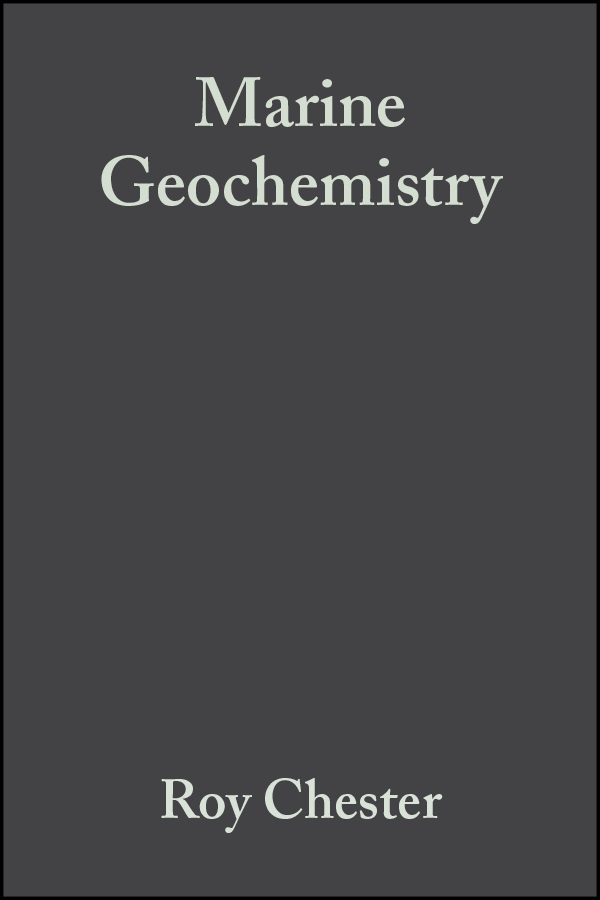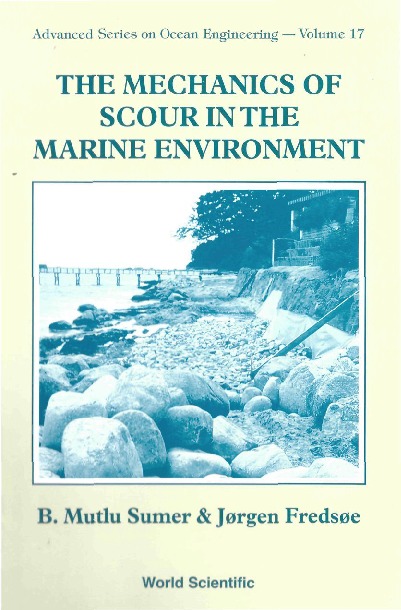CLCP7
LanguageENG
PublishYear2009
publishCompany
Wiley
EISBN
9781444311570
PISBN
9780632054329
edition
2
- Product Details
- Contents
The first edition of Marine Geochemistry received strong critical acclaim, and the reviews included the comments that it 'provides a benchmark in the field' and 'is clearly recognisable as a standard text for years to come'. Marine Geochemistry offers a fully comprehensive and integrated treatment of the chemistry of the oceans, their sediments and biota. It addresses the fundamental question ' How doe the oceans work as a chemical system?' by capitalizing on the significant advances in understanding oceanic processes made over the past three decades. Advances, which have been facilitated by improved sampling and analytical techniques, a better understanding of theoretical concepts and the instigation of large-sized international oceanographic programmes. Designed for use as a text, the book treats the oceans as a 'unified system' in which material stored in the sea water, the sediment and the rock reservoirs interacts to control the composition of sea water itself. Part I covers the transport of material to the oceans via rivers, the atmosphere and hydrothermal systems, and discusses their relative flux magnitudes. Part II considers the oceans as a reservoir, introducing water-column parameters before discussing water-column fluxes and the benthic boundary layer. Part III is devoted to the sediment reservoir. The topics covered include diagenesis, the major components of the sediments, and the processes controlling the geochemistry of oceanic deposit, which are discussed in terms of sediment-forming signals. Part IV offers an overview and synthesis of the integrated marine geochemical system. Since the publication of the first edition, there have been further significant advances in several areas of the subject. The revised text of this edition accommodates these advances, whilst still retaining the emphasis on identifying key processes operating within a 'unified ocean'. Special attention ahs been pad to fundamental conceptual changes, such as those related to trace metal speciation in sea water, hydrothermal activity, carbon dioxide and the importance of the oceans in world climate change, the transport of particulate material to the interior of the ocean, primary production and iron limitation, colloids, and the preservation/destruction of organic matter in marine sediments. Intermediate and advanced students with interests in chemical oceanography, marine geochemistry, marine biology and environmental chemistry will welcome with revised comprehensive text. Other students in the broader field of earth sciences will find it to be an essential reference source dealing with the interaction between the atmosphere, the ocean and the solid earth.
Collected by
- Yale University
- University of Melbourne Library
- Columbia University Library
- Stanford University
- University of Chicago
- UCB











